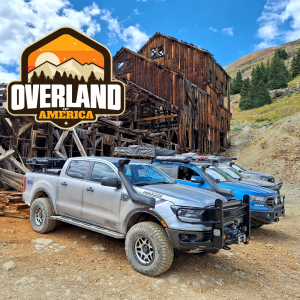- Joined
- Jan 6, 2002
- Messages
- 6,881
- City
- Pittsburgh
- State - Country
- PA - USA
- Vehicle Year
- 2020
- Vehicle
- Ford Ranger
- Drive
- 4WD
- Engine
- 2.3 EcoBoost
- Transmission
- Automatic
- Total Lift
- 1.5"
- Tire Size
- 265/70-17
- My credo
- "220, 221, whatever it takes."
1. At a glance, having limited checkouts doesn't make any sense, but there is a logical mathematical reason for that.
2. Have you ever seen a big distribution warehouse with 50 docks for semi trucks, yet there are only two or three trucks there at a time? I'm sure most people have.
I won't explain the "why" to the two concepts above, I'll see if someone can figure it out.
Hint for #1: Linear Programming, queuing systems
Hint for #2: Operations Management
Basically it's cost. How long will people stand in line versus how many sales will we lose from people who don't want to stand in line? Each cashier is costing the company $10 an hour or whatever and you don't want cashiers standing around with nothing to do. If Wal-Mart had ONE checkout open and everybody would stand in line for two hours regardless because their prices are so cheap, then all you're ever going to see is one checkout open.
Same principle with my local Pizza Hut. Friday night it's lined up out the door. Any other night you can walk in and sit right down. Do they build a bigger and more costly building simply to accommodate the Friday crowd when the smaller building is not full itself the other 6 nights a week? We were asking ourselves this when the old Pizza Hut burned down and they built a new one just like it on the same spot.
My tolerance for standing in lines is limited. I will usually leave and go elsewhere.













